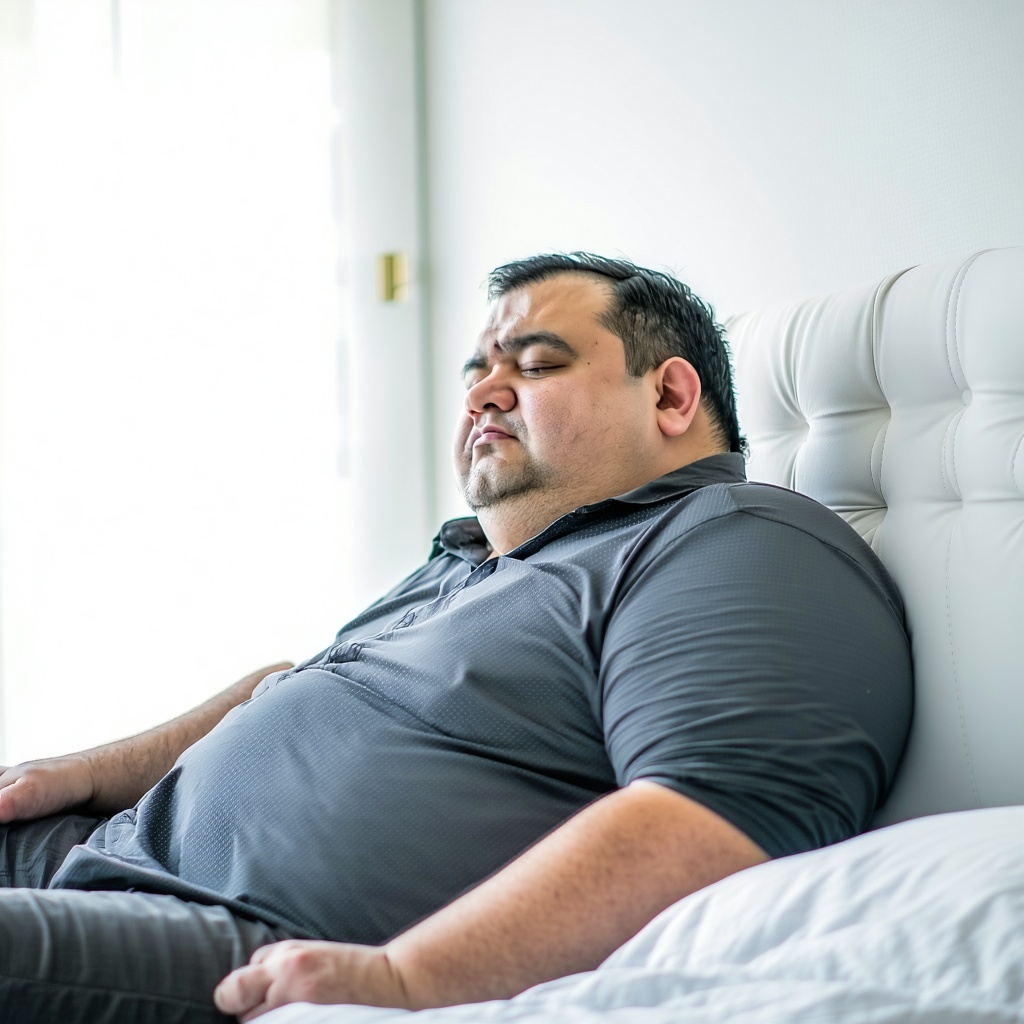Why This Goes Undiagnosed
Despite this strong connection, sleep apnea remains underdiagnosed in people with diabetes. Why? Because most patients and even some clinicians don’t know to look for it. Unless a patient mentions snoring or excessive daytime sleepiness, it may never come up.
Even more concerning: many people with type 2 diabetes are asymptomatic for traditional sleep apnea signs. They may not snore or feel tired because their bodies have adapted to low-quality sleep over time.
If you're living with diabetes and have never been tested for sleep apnea, you're not alone. But you might be missing a key piece of the puzzle.
How Treating Sleep Apnea Can Improve Diabetes Management
Treating sleep apnea can lead to better blood sugar control, reduced A1C levels, and even lower medication dependence. Here's how:
-
Reduced Insulin Resistance
Better oxygen flow and fewer stress hormones mean your body can respond to insulin more effectively. -
Improved Energy and Metabolism
With restful sleep, your body repairs itself more efficiently, leading to better food choices and more physical activity. -
Weight Loss Support
Quality sleep helps regulate hunger hormones like ghrelin and leptin, making it easier to lose weight. -
Cardiovascular Protection
Sleep apnea puts tremendous strain on the heart. Treating it reduces risks of high blood pressure, heart attacks, and strokes.
The gold standard for sleep apnea treatment is CPAP therapy (Continuous Positive Airway Pressure). While not everyone adjusts to it easily, newer machines are quieter, more comfortable, and highly effective. For those who can’t tolerate CPAP, dental appliances or advanced surgical options may be available.
What Real Patients Have Experienced
Let me share a story. A 52-year-old patient of ours named Mark came to the clinic with uncontrolled diabetes. He was on multiple medications and still couldn’t get his A1C below 8.5. He also mentioned always feeling tired, waking up with headaches, and falling asleep during meetings.
After a simple at-home sleep study, Mark was diagnosed with moderate obstructive sleep apnea. He started using a CPAP machine and within two weeks, he reported having more energy. Two months later, his A1C dropped to 7.1. He began walking daily, lost 12 pounds, and needed less insulin.
Mark didn’t change his diabetes medication. He changed his sleep.
That’s the power of treating the full picture.
What You Can Do Today
If you have diabetes, ask yourself:
-
Do I wake up tired even after a full night’s sleep?
-
Has my partner ever mentioned that I snore or gasp in the night?
-
Do I struggle with weight loss even when I’m doing "everything right"?
-
Do I get frequent headaches or have trouble concentrating?
If you answered yes to any of these, it may be time to consider a sleep evaluation.
The good news? Home Sleep Tests (HSTs) are now widely available and often covered by insurance. These tests are convenient, comfortable, and can be done in the privacy of your own bed. No need to spend a night in a sleep lab.
From there, your healthcare provider can work with you to determine the best course of treatment.
You’re Not Alone: Let Us Help You
At our sleep centers, we believe in treating the whole person, not just the numbers. If you’re struggling with diabetes and can’t seem to gain traction, it might be time to look at what happens while you sleep.
We’re here to guide you through testing, diagnosis, and treatment options that are tailored to your life. Because when your sleep improves, everything else has a chance to get better too.
Final Thoughts: Reclaim Your Health
Don’t let untreated sleep apnea sabotage your efforts to manage diabetes. By addressing both conditions together, you empower your body to heal more naturally, respond better to treatment, and reduce long-term complications.
Sleep is not a luxury. It’s a medical necessity. And for those managing chronic conditions like diabetes, it may be the missing link that makes all the difference.
Kevin Asp, CRT, RPSGT, is a nationally recognized expert in sleep medicine and founder of several sleep centers dedicated to improving patient outcomes through comprehensive sleep disorder diagnostics and therapies.



